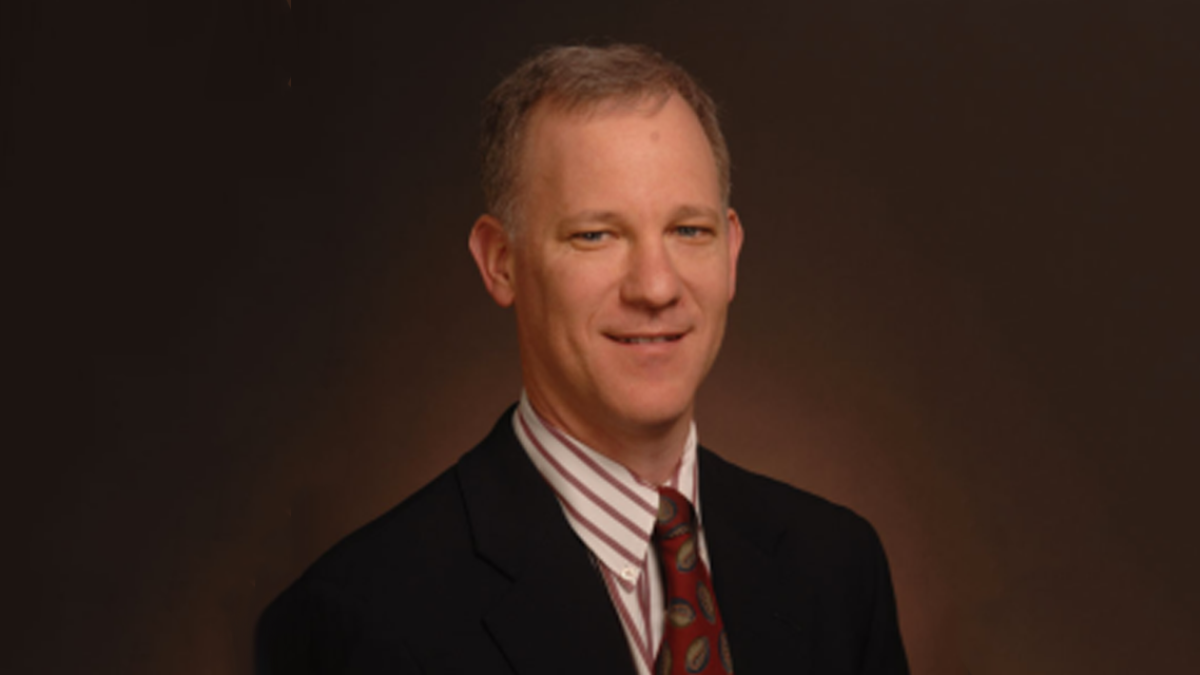ASU Law vice dean weighs in on current job market trends

Adam Chodorow is vice dean of the Sandra Day O'Connor College of Law and the Jack E. Brown Professor of Law.
Adam Chodorow, vice dean of the Sandra Day O'Connor College of Law at Arizona State University, was recently included among a panel of experts in an article on what aspiring graduates can do to start off their careers in an uncertain economic climate.
"When the pandemic first hit, just about everything ground to a halt," said Chodorow, the Jack E. Brown Professor of Law and a tax, administrative and regulatory law expert. "However, after an initial adjustment, legal work came roaring back. The pandemic does not appear to have affected the job prospects for our students because there is plenty of work to be done."
Read more in his Q&A.
Question: Will there be an enduring impact of the coronavirus pandemic on graduates?
Answer: When the pandemic first hit, just about everything ground to a halt. However, after an initial adjustment, legal work came roaring back. The pandemic does not appear to have affected the job prospects for our students because there is plenty of work to be done. ASU Law in fact rallied around its students to create paid employment opportunities when their summer jobs were canceled or postponed due to the pandemic. The students gained meaningful, practical experience, in addition to much-needed financial support.
And now we face the more interesting question, and one we won't know the answer to for many years: Where and how our graduates will be working. The pandemic has proven that lawyers can work from home for long stretches of time. It is too soon to tell whether this will be a temporary aberration or the new normal. Firms may relinquish or significantly reduce their office space to save money and time — no commuting equals more productivity — but doing so could also affect firm culture, the ability to train young lawyers, and a host of other important factors we have yet to consider.
For years, futurists have told us that big changes were coming to the way lawyers practiced, whether because of flexible work arrangements, increased use of technology, or globalization. The pandemic forced us all to go down that path sooner than many expected. The jury is still out on what of this new way to work we will keep and what of the old we will discard.
Q: What type of skills will young graduates need when they enter the workforce in the coming years?
A: Most students come to law school thinking that they are there to learn the law. However, being an effective lawyer requires far more than simply knowing the rules. Lawyers need to be creative problem solvers who can understand their clients' needs and advise them on how to best minimize risk while achieving their goals. Perhaps the most important skill lawyers need is the ability to communicate clearly, whether in writing or orally. Other skills include the ability to gather information, spot issues, and analyze what the law prohibits, requires or permits. This involves more specific skills, such as the ability to (1) listen to and work with clients, (2) find, absorb and understand vast amounts of information in a short time frame and (3) find ways to advance client interests within the existing legal environment.
In addition to these basic lawyering skills, young lawyers will need to be technically proficient with a variety of different computer programs, databases and other electronic resources that are fast becoming indispensable to the practice of law.
Q: What experience really stands out on resumes?
A: Law firms often say that they are looking for practice-ready attorneys – that is, attorneys who can come in and contribute on day one. The fact is – no matter how much experience law students get, there will always be a steep learning curve once they graduate. With that said, externships and summer positions in the field the students want to practice in will both help students along that curve and signal to employers that they truly are interested in the type of work an employer does. Thus, those interested in criminal law should try to get externships and summer positions as prosecutors or with the public defenders' office or defense firms; those interested in family law might try to get an externship with a judge working on family law.
More Law, journalism and politics

ASU experts share insights on gender equality across the globe
International Women’s Day has its roots in the American labor movement. In 1908, 15,000 women in New York City marched to protest…

ASU Law to offer its JD part time and online, addressing critical legal shortages and public service
The Sandra Day O’Connor College of Law at Arizona State University, ranked 15th among the nation’s top public law schools,…

ASU launches nonpartisan Institute of Politics to inspire future public service leaders
Former Republican presidential nominee and Arizona native Barry Goldwater once wrote, "We have forgotten that a society…

